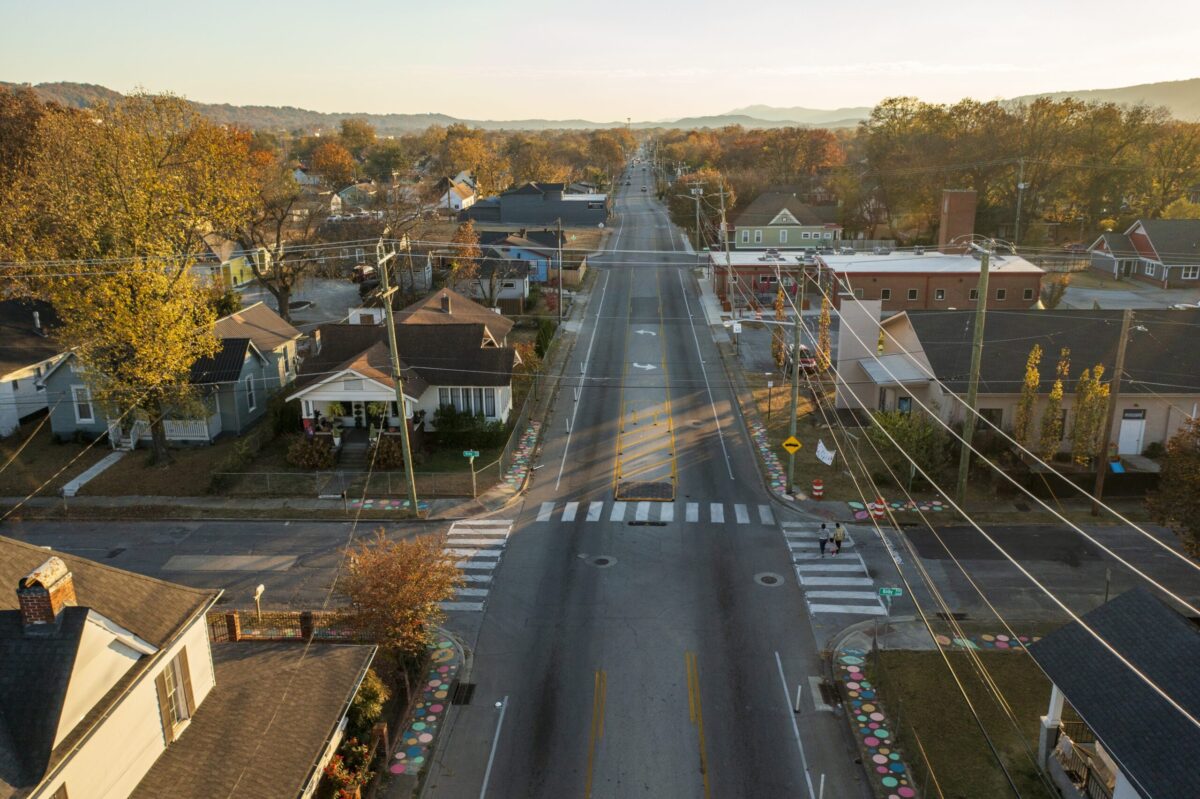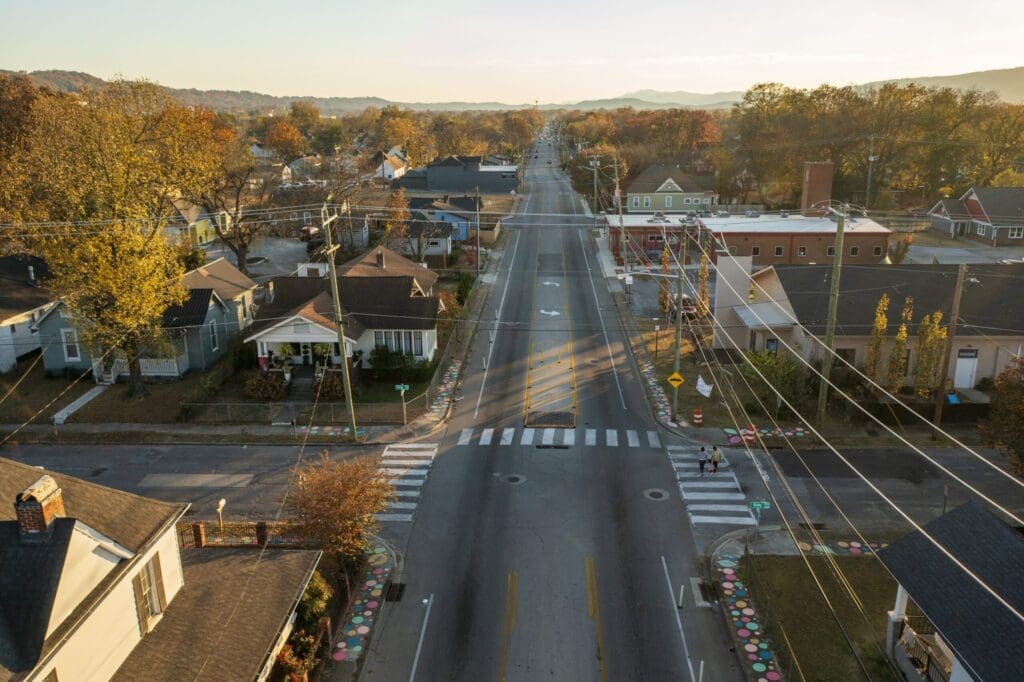Funding Energetic Transportation


By Ben Crowther
On this webinar wrap-up, we’ll delve into two of probably the most impactful applications for funding lively transportation — the Secure Streets and Roads for All (SS4A) Program and the Transportation Alternate options Program (TAP) — together with different noteworthy funding avenues and suggestions for the appliance processes.
The largest takeaway — Secure Streets for All planning grants have substantial cash accessible, and demonstration initiatives depend as planning! Panelists Marisa Jones of the Secure Routes Partnership, Heidi Simon of Good Progress America, and Caron Whitaker of the League of American Bicyclists shared their insights into what your neighborhood must know to navigate funding alternatives.
Secure Streets and Roads for All Program: Bridging Gaps and Fostering Security
The Secure Streets and Roads for All Program stands as one of many premier federal applications for native, tribal, and metropolitan areas searching for to enhance their lively transportation infrastructure and make current streets safer. This system offers $1 billion a 12 months by way of 2026 in planning and implementation grants. It’s administered by the U.S. Division of Transportation, which is presently soliciting functions, with two planning grant deadlines on April 4 and August 29 and a sole implementation grant deadline on Could 16.
This system’s planning grants are used to develop a security motion plan and improve current plans to prioritize security impression and equitable funding in underserved communities.Additionally they assist quick-build demonstration initiatives, which permit communities to rapidly take a look at out future everlasting infrastructure modifications. As implied above, practically each eligible neighborhood that utilized final 12 months for planning grants obtained funding.
This system’s implementation grants are supposed to construct the infrastructure outlined in security motion plans and related paperwork. To be eligible for these grants, a neighborhood will need to have an eligible security motion plan in place. Candidates can submit their current plans for assessment to find out if they’re eligible (deadline: April 17).
The U.S. Division of Transportation has simplified the appliance in order that it’s a single web page narrative for planning and demonstration initiatives, or three pages for initiatives requesting over $1 million. For extra assets, go to the Secure Streets and Roads for All webpage.
Transportation Alternate options Program (TAP): Constructing Energetic Transportation Initiatives
The Transportation Alternate options Program allocates over $1.5 billion yearly for strolling, bicycling, and protected routes to high school initiatives. It’s accessible to communities of all sizes, together with small rural communities, small cities, midsize cities, and main metropolitan areas. Eligible candidates embrace native governments, tribal governments, transit companies, and non-profit organizations.
Not like many different federal transportation applications, TAP funds are allotted by way of competitions on the state degree, which makes for a smaller pool of candidates. As well as, practically 60% of TAP funding is channeled into separate competitions based mostly on neighborhood dimension, to make sure each place is ready to construct protected strolling and biking infrastructure. Secure Routes Partnership and the League of America Bicyclists have created Transportation Alternate options Reality Sheets for every state, with key contact data and dates for every state’s competitors.
Need some examples of what’s been constructed with TAP funding? See what’s been doable in Durango, CO, Corvallis, MT, and Chicago, IL. Every state runs their TAP program a bit of in a different way, so take the time to determine what makes an utility in your state aggressive.
Ideas and Tips for Profitable Purposes
For SS4A and TAP functions (and past), there are lots of methods to place your neighborhood for fulfillment. Constructing a powerful, broad coalition of assist is essential. This consists of not solely municipal and institutional stakeholders, but in addition assist from neighborhood members and neighborhood organizations. Initiatives have to additionally exhibit impression and ideally are positioned as half of a bigger effort to enhance entry to lively transportation infrastructure. The strongest functions will handle a number of targets in this system’s standards and could have clear targets with measurable outcomes.
Write for individuals who have by no means been to your neighborhood and do not know what your challenge is.
Throughout this course of, you’re immersed in your challenge, however odds are your reviewers will know little to nothing about it. Clarify clearly and concisely the issues your neighborhood faces and the way the challenge addresses them. Your utility ought to inform reviewers every thing they should know, with out having them seek the advice of exterior sources or depend on their current information. Footage and maps are significantly efficient methods to speak to an viewers that’s most likely unfamiliar along with your space.
Making the case domestically for funding lively transportation
What should you’re a neighborhood chief and never essentially eligible to use straight to those applications? What’s your function?
Broad neighborhood assist is usually wanted to get buy-in for an utility from companies and elected officers. You as a neighborhood chief can work to carry companies and elected officers on board. A mix of neighborhood assist plus both company or elected official assist is commonly the prerequisite to motion. Present them how harmful streets straight have an effect on the lives of their constituents, exhibit that there’s broad assist for change, and draw on profitable examples from different locations that handle the difficulty.
Take a look at the complete recording of the webinar: